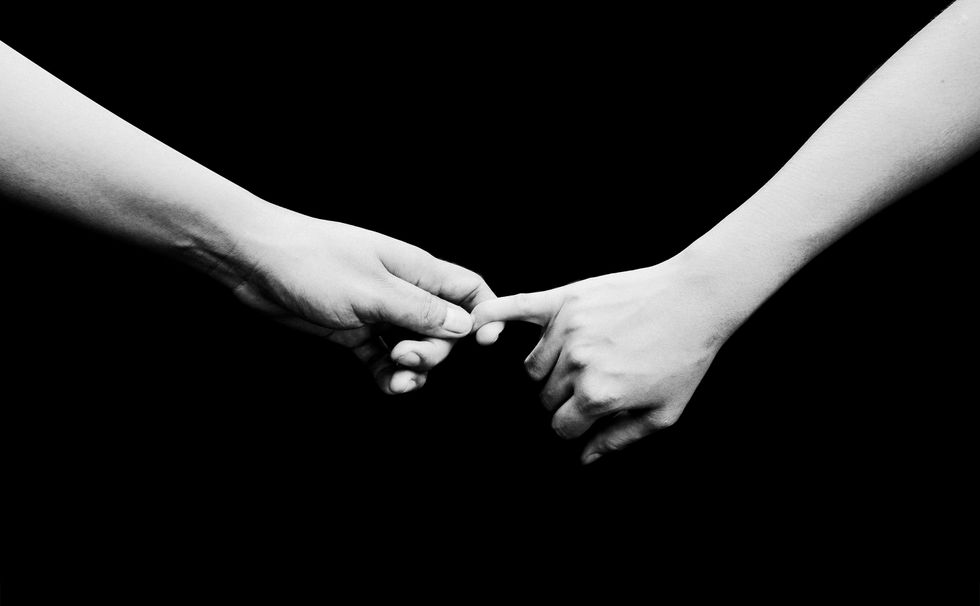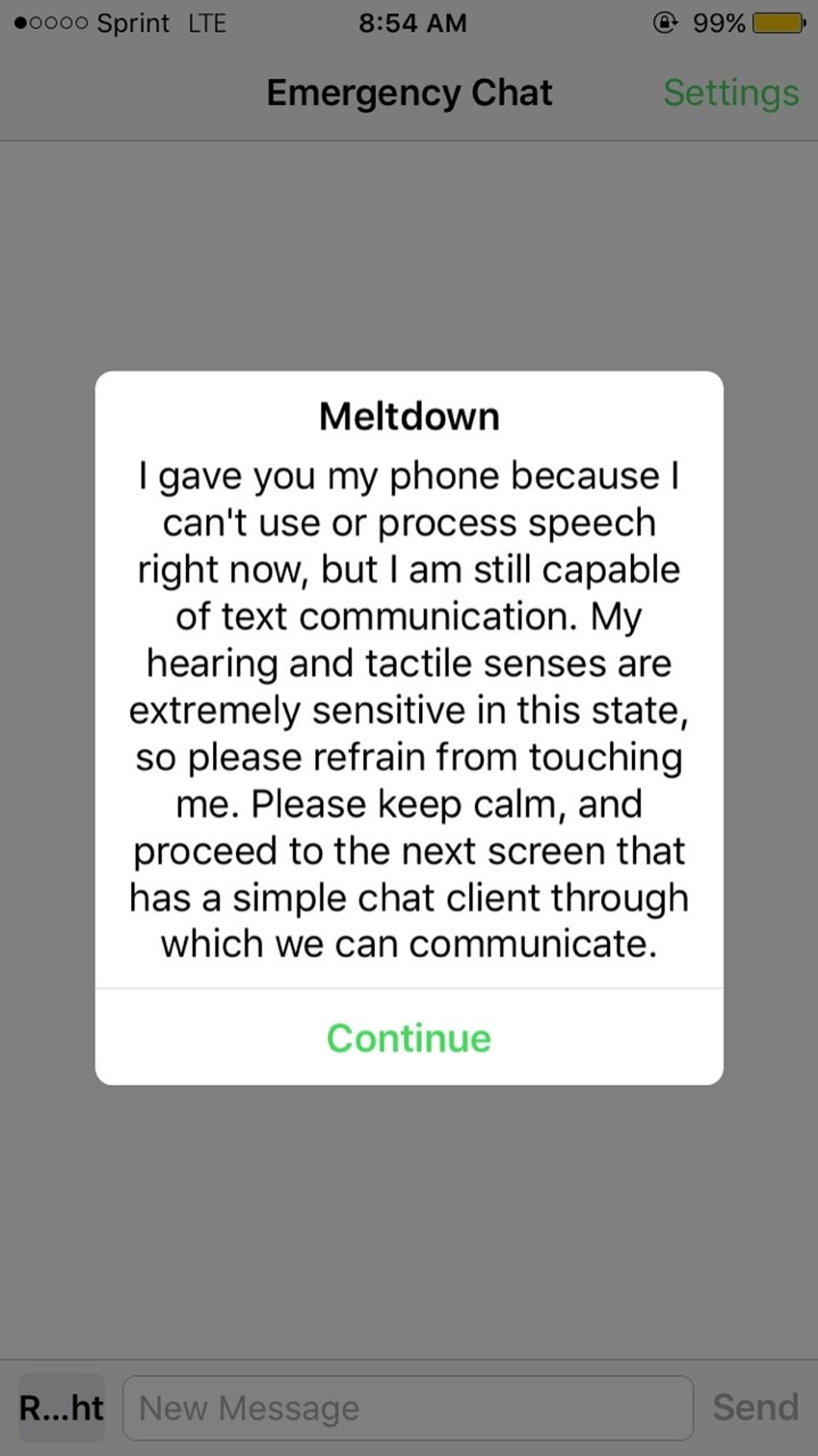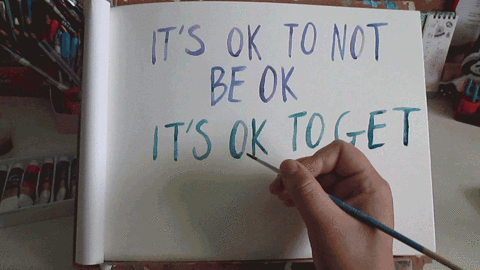A few weeks ago, I published an article, 6 Things Not To Say To Someone With An Anxiety Disorder. A couple people I shared it with suggested that I also write six things that help to say to someone with an anxiety disorder.
This is a much tougher article to write, given that different things help different people and that anxiety disorders and the experiences they're rooted in are so dynamic. The things not to say are much more universal than the things to say; however, here are six things that I think should at least help let people know they're supported and loved.
1. Is X okay?/Do you need X/Would you prefer X?
When helping someone with an anxiety disorder, the main thing to do is understand that every person is different. Therefore, what helps one person might not help someone else, and each anxiety attack for each person can be very very different. So, when someone is anxious, ASK before doing something.
For example, sometimes when I'm anxious, touch is grounding, like having a friend hug me or hold my hand. Other times it makes my anxiety much, much worse. So, if you're not sure if touch is okay, ask! Ask what the person is comfortable with.
Something to keep in mind, however: Try keeping questions in a yes or no format, or a this-or-that format--anxiety is very overwhelming, thoughts get scrambled, and sometimes we just don't know how to articulate things. It's hard. And remember, if a person says they don't know, don't push. We feel bad that we don't know what helps. It won't help if someone keeps asking and asking.
However, sometimes, this doesn't work, because on occasion, anxiety can make someone nonverbal. This means that the anxiety gets so bad that even talking can be too much. So if the person you're helping isn't responding, you could try...
2. Do you want to text/write?
Some ways to do this might include messaging them, writing in a notebook, passing them your phone with a notes document open, any of the above so they don't have to verbalize. It's super stressful when you're so overwhelmed that even speech is too much, so having someone who understands that and lets you communicate in the way you're comfortable with can be a huge relief. This way, the person can let you know what they need comfortably. (The pictured app is called Emergency Chat!)
3. Want me to just rant to distract you?
Sometimes when I feel anxious, I just need to be distracted from it until it passes. In that case, it really helps to have someone willing to rant to me about something lighthearted, anything. A new book you're obsessed with, a TV show you love, a class, anything. Just talk. If we don't have to give input and can just listen to you ramble, it can really help to get our mind off the anxiety.
4. Nothing
Other times, we just need to be with someone, and not necessarily feel pressured to hold up a conversation. Just sitting with someone and having them quietly do something is sometimes nice too--that way the anxious person knows you're there and can help if they want, that they're not alone, but also have space to process their emotions.
5. Do you need to rant/Do you want to talk?
This is another thing that's highly variable from person to person. Some people? They really don't want to talk about what makes them anxious. Others need to vent. If people have anxiety stemming from trauma, if they feel safe and ready to talk about the trauma, it can be a huge help. Talking sometimes really can make things better, if we have someone to listen.
This does come with the caveat: Do not tell the anxious person who's venting to you that they're making a big deal out of nothing--that will just brand you as the person to NOT come to. Instead, try something like "You can do this," "It's going to turn out alright," or even talking them through it more specifically.
Also, keep in mind that, as I've said so much, people are different. For me, hearing "It's gonna be okay" is hugely comforting. For another friend, it just makes it worse. But remember, just try, do what you can. If you think of it, ask us what you can do better to help after our anxiety has passed.
6. I'm right here if you need anything.
Sometimes we don't know what we need. Sometimes we can't communicate. In those cases, knowing we aren't alone and that someone is willing to help can be a saving grace. So if you're dubious about any of these other five, this is the one to remember--tell the anxious person that they can come to you, that you're right here if they need anything.
Hopefully now that you know more about what to do to help someone with anxiety, you can help make someone's life a little easier. But do remember--never help if it's at the cost of your own mental health. Yes, helping anxious people is amazing if you can, but if it's going to drain you and not give you enough time for yourself, step back, help when you're feeling better. We'll understand; there are times where we're not equipped to help either. But hopefully, when you are equipped to help, these things to say will make it a little bit easier.
























